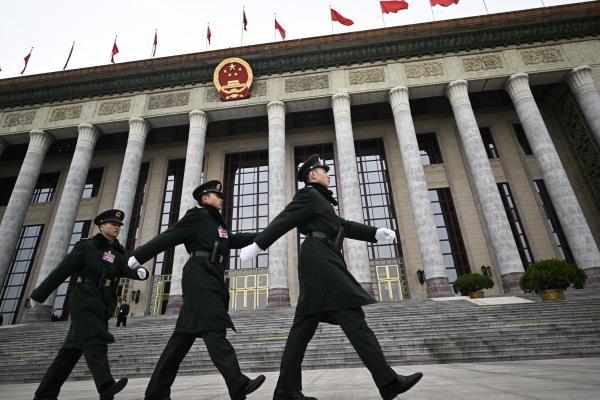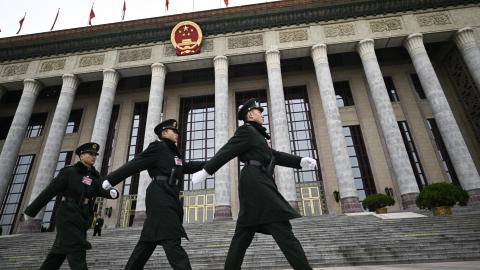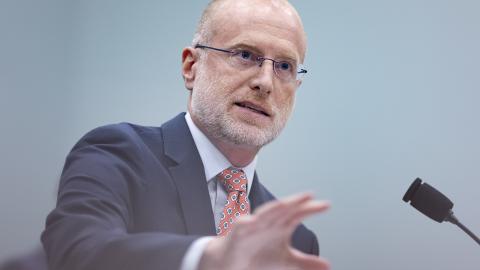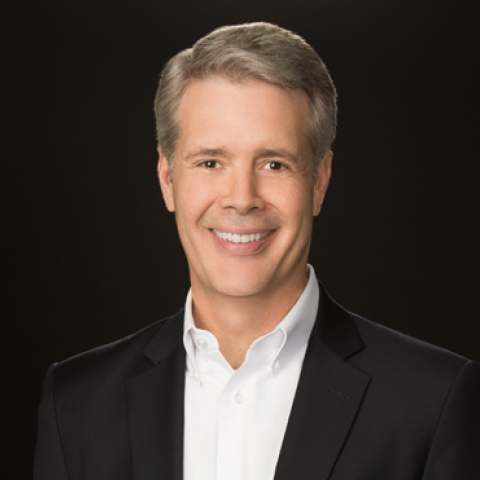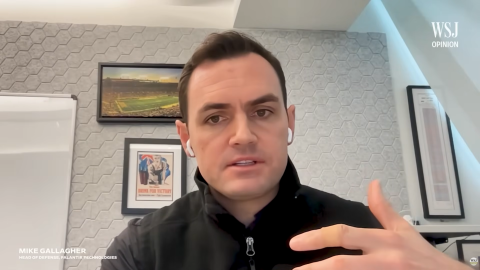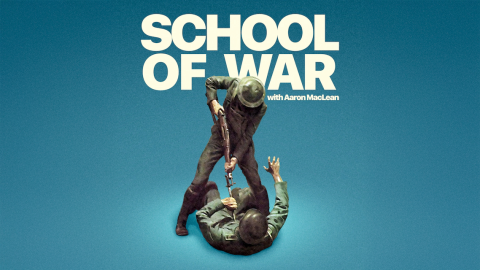
15
May 2003
Past Event
Giving Better Giving Smarter: 6 Years Later
Giving Better Giving Smarter: 6 Years Later
Past Event
Hudson Institute, Washington, D.C. Headquarters
May 15, 2003
Share:
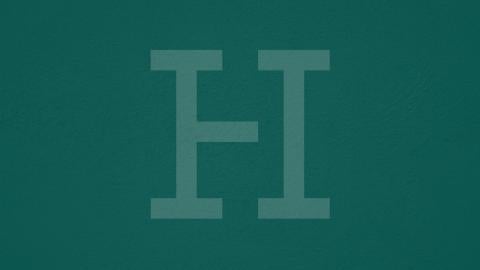
Related Events
06
March 2026
Virtual Event | Online Only
Evidence over Assumptions: A Return to Proper Policy at the Intersection of Antitrust and IP
Featured Speakers:
Kirti Gupta
Hon. Kathleen O’Malley
Urška Petrovčič
Moderator:
Devlin Hartline

06
March 2026
Virtual Event | Online Only
Evidence over Assumptions: A Return to Proper Policy at the Intersection of Antitrust and IP
Join Hudson for an expert panel discussion on the latest policy developments and what an evidence-based approach means for the future of innovation.

Featured Speakers:
Kirti Gupta
Hon. Kathleen O’Malley
Urška Petrovčič
Moderator:
Devlin Hartline
10
March 2026
In-Person Event | Hudson Institute
US-Japan Cooperation on Naval Maintenance, Commercial Shipbuilding, and Shipping
Featured Speakers:
Akira Fukaishi
Diana Maurer
Michael Roberts
Kyoko Imai
Moderator:
William Chou

10
March 2026
In-Person Event | Hudson Institute
US-Japan Cooperation on Naval Maintenance, Commercial Shipbuilding, and Shipping
Join Hudson for a discussion highlighting each nation's approach to these common challenges, as well as how US-Japan collaboration should best proceed.

Featured Speakers:
Akira Fukaishi
Diana Maurer
Michael Roberts
Kyoko Imai
Moderator:
William Chou
11
March 2026
In-Person Event | Hudson Institute
Mobilize: How to Reboot the American Industrial Base and Stop World War III
Featured Speakers:
Walter Russell Mead
Shyam Sankar
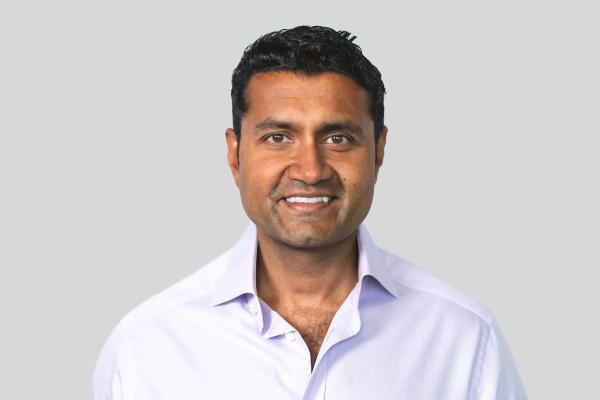
11
March 2026
In-Person Event | Hudson Institute
Mobilize: How to Reboot the American Industrial Base and Stop World War III
With Walter Russell Mead, Sankar will discuss his strategy to resurrect the American industrial base, win the twenty-first-century defense technology race, and prevent World War III.
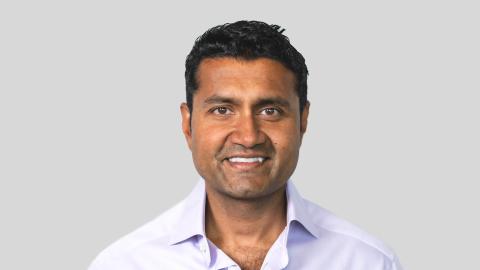
Featured Speakers:
Walter Russell Mead
Shyam Sankar
18
March 2026
In-Person Event | Hudson Institute
Killed to Order: China’s Organ Harvesting Industry
Featured Speakers:
Nina Shea
Jan Jekielek
